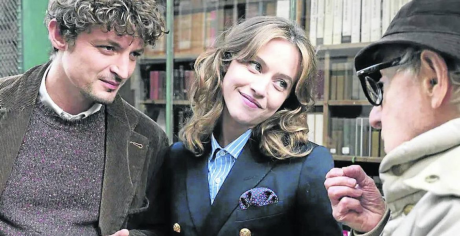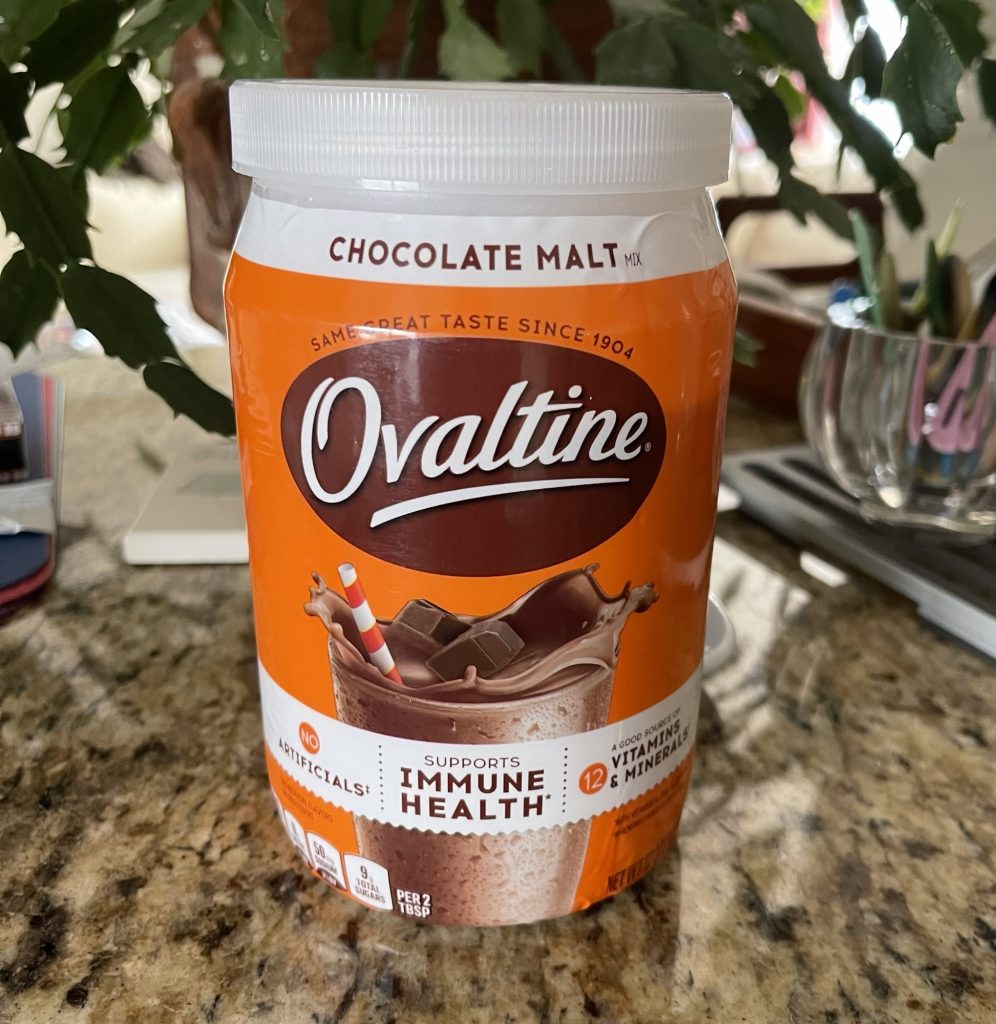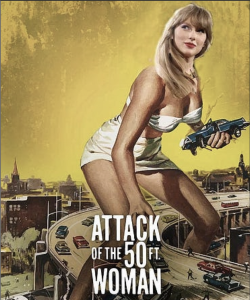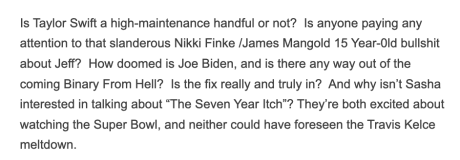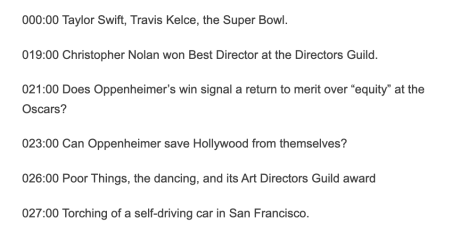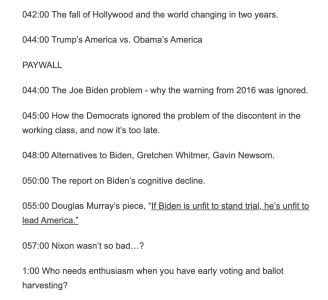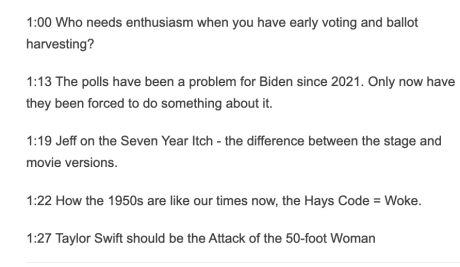Putting aside Travis Kelce’s unfortunate troglodyte behavior, which is a whole problem in and of itself and one that would give pause to any woman of brains and perception, he is now facing a deck of cards that will probably not pan out in his favor.
For when his fame and power inevitably begin to recede with age, Taylor Swift will begin to value him less. Unless, that is, he somehow becomes a troglodyte macho movie star like John Cena, in which case things will probably be fine. (I honestly don’t think he’s smart or clever enough to fill those shoes — he’s too much of a Midwestern oaf.)
We all know Taylor’s deal as she seems to go through boyfriends like potato chips and uses relationship breakups as song-lyric fodder and probably is, in all likelihood (although I’m obviously not claiming familiarity with her deep down stuff), a fair–weather lover.
Hey, the world’s full of them.
I’m not trying to pigeonhole Swift, but she seems like a leggy, musically banal version of Mary Astor, Tallulah Bankhead, Isadora Duncan…it’s all about impulse and dough and the lyrics in her head.
“A woman must have everything” — a mid ‘70s Joni Mitchell lyric that is probably even more true in 2024, especially when it comes to super-famous, glammy, high-earning, high-maintenance women.
They’re obviously exciting wowser types (hoo-hah!) but they’re mainly about their own self-articulated dreams and creations and are always “hungry for those good things, baby” (Paul Revere and the Raiders w/ Mark Lindsay) and are not your true pallies — if you want a friend, get a dog or turn to your mom or your older sister or the bruhs you’ve known since your teen years.
Super-wealthy, power-pop Swiftian girlfriends can only be happy and satisfied with boyfriends and husbands who are just as rich and powerful as they are and preferably more so. (Think Elizabeth Taylor and Mike Todd in the mid to late ‘50s)
At best they’re your social ally and mutual sexual celebration partner for as long as the BMW engine is highly-tuned and rumbling along and the good times are flush, but when the music begins to quiet down and the electric generator dynamic begins to downshift into a mild, mid-range hum, watch out.
For “that’s when your heartaches begin” (a Fred Fisher–William Hill–William Raskin song, sung by Elvis Presley).
Joni Mitchell, Paul Revere, Mark Lindsay, Elvis Presley, Al “hoo-hah” Pacino, Isadora Duncan, Elizabeth Taylor…they’ve all been through it.
In short, the Kelce-Swift romance isn’t long for this world unless they get down, get married and have a baby…this is the only thing will save them…the only profound product of their union. A baby will also mean an end to the great sex, of course, but that’s life.
If I were Swift I would find a guy more like Brock Purdy, but that’s me.




